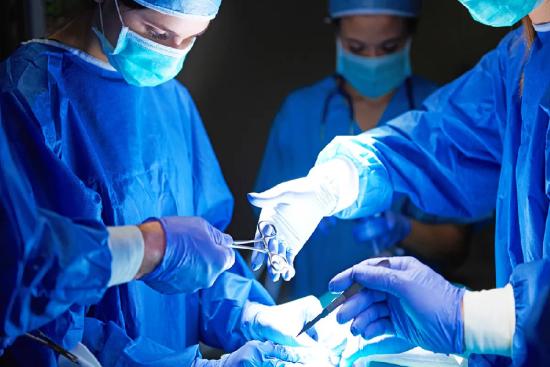Is laparotomy still relevant today? Many patients wonder if an open abdominal surgery, still necessary in the age of minimally invasive procedures like laparoscopy. In certain medical situations, laparotomy remains essential to provide a clear diagnosis or perform complex surgical treatments. In Turkey, this procedure is performed by experienced surgeons in modern clinics, offering high-quality care at affordable costs.
Laparotomy in Turkey: Costs, advantages, and personalized support
Planning a laparotomy and seeking high-quality care at an affordable price? Turquie Santé offers comprehensive support throughout your medical journey:
- Accredited modern clinics: Equipped with the latest technology to ensure effective and safe surgery.
- Specialized surgeons: Experienced teams in abdominal surgery.
- Multilingual support: Translation, transfers, and accommodation for a smooth, stress-free stay.
- Personalized follow-up: From preparation to post-surgery, receive attentive care tailored to your needs.
- Affordable and transparent pricing: High-quality surgery without financial surprises.
Schedule your laparotomy with Turquie Santé under the best conditions. Contact us now for a personalized evaluation, free quote, and plan your surgery with confidence.








